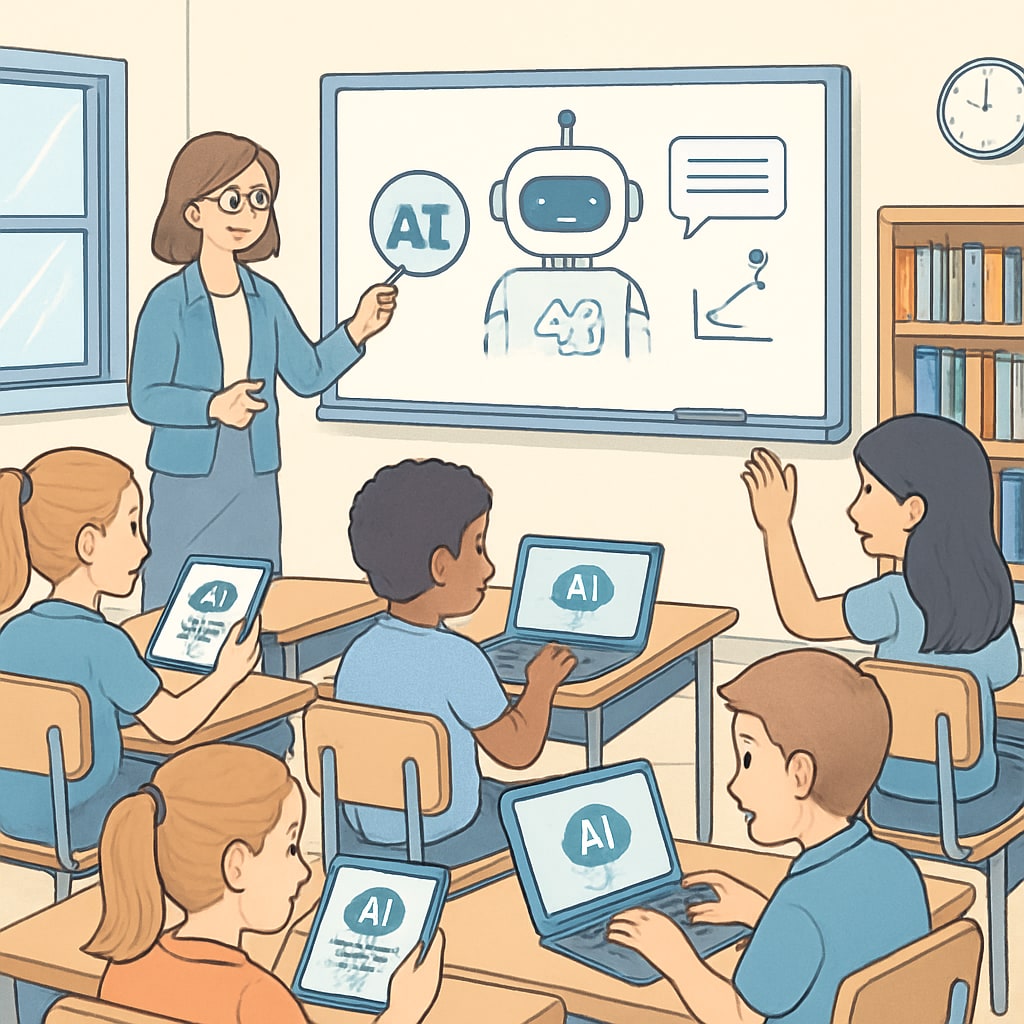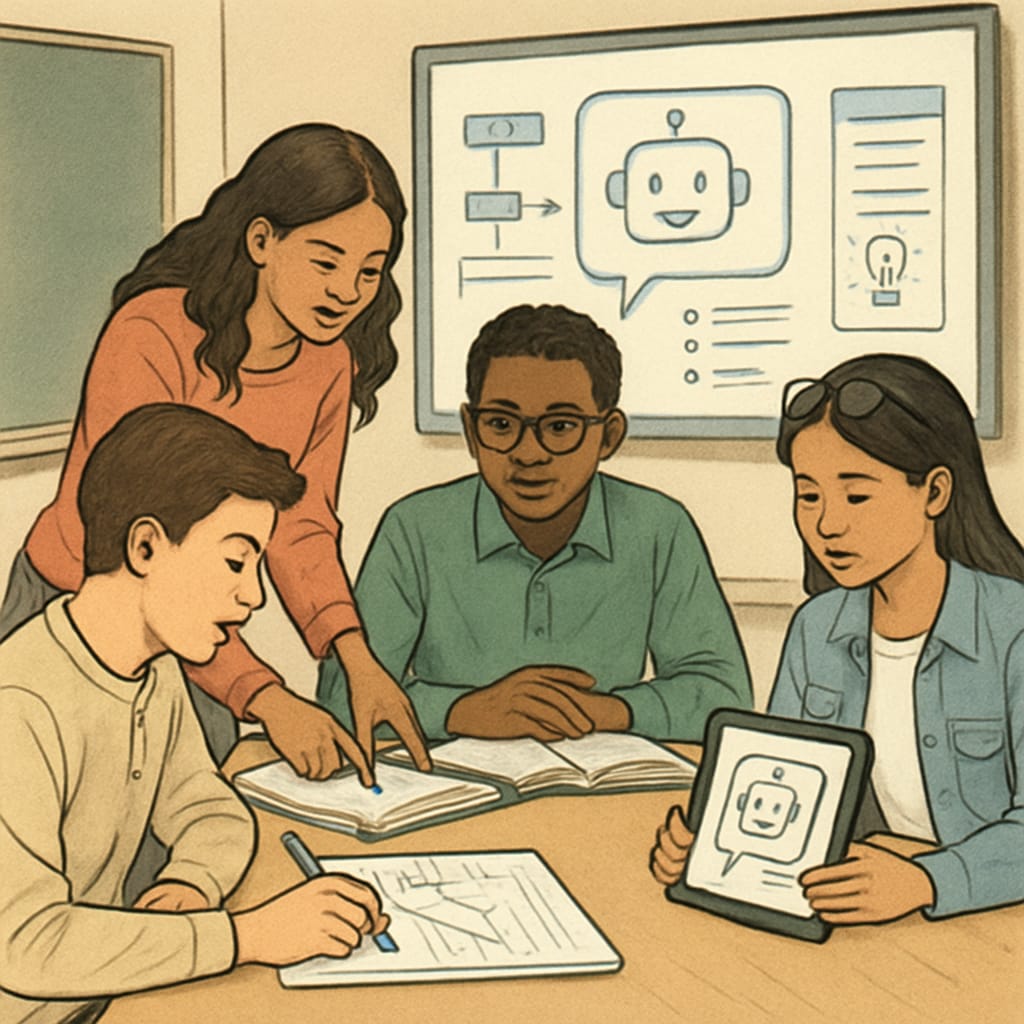The rapid advancements in artificial intelligence (AI) are fundamentally reshaping numerous aspects of our lives, including education. In the context of K12 education, AI is revolutionizing traditional evaluation methods, bringing to the forefront the urgent need to reform competitive examination systems. These systems, which have long been the cornerstone of talent selection, now face mounting challenges in an AI-driven world. Decision-makers must rethink how talent is identified and nurtured in an era where intelligent technologies are ubiquitous.
Challenges Facing Traditional Competitive Exams in the AI Era
Competitive exams have historically been designed to assess students’ knowledge, critical thinking, and problem-solving abilities. However, the rise of AI technologies has introduced significant challenges to these systems:
- Automation of Knowledge: With AI tools readily available, students can now access advanced problem-solving capabilities, reducing the emphasis on rote memorization and manual calculations. This raises questions about what skills should be evaluated in competitive exams.
- Cheating Concerns: AI-powered devices, such as generative language models and programmable calculators, have made traditional cheating prevention methods less effective. Ensuring exam integrity in the AI age requires new strategies.
- Bias in Standardized Testing: Traditional exams often fail to account for diverse learning styles and socio-economic disparities. AI has the potential to exacerbate these biases if not implemented carefully.

The Need for Systemic Reforms in K12 Competitive Exams
To address the above challenges, the K12 competitive examination system requires systemic reforms. These reforms should focus on creating a fair, inclusive, and future-ready evaluation framework. Key areas for consideration include:
- Assessment of Higher-Order Skills: Instead of testing for knowledge that can easily be automated, exams should focus on evaluating critical thinking, creativity, and ethical reasoning.
- AI-Powered Personalized Assessments: Leveraging AI to design adaptive tests that cater to individual learning styles can help create a more inclusive examination system.
- Ethical Integration of AI: Clear guidelines are needed to define the acceptable use of AI tools during exams, ensuring that technology enhances rather than undermines the evaluation process.
For example, initiatives like adaptive learning platforms have demonstrated the potential of AI in creating tailored educational experiences. Similarly, projects focusing on 21st-century skills emphasize the importance of preparing students for a future where creativity and collaboration are paramount.

Preparing Educators and Institutions for the Transition
Implementing these reforms requires the active involvement of educators, policymakers, and technology developers. Key steps include:
- Professional Development: Training teachers to effectively incorporate AI tools into their teaching and assessment practices.
- Redesigning Curriculum: Aligning the curriculum with the skills and competencies relevant in an AI-driven economy.
- Policy Frameworks: Establishing clear policies that balance innovation with fairness, ensuring equal access to AI resources for all students.
By prioritizing these initiatives, stakeholders can ensure that the education system remains relevant and equitable in the face of rapid technological change.
Conclusion: Rethinking Talent Discovery in the AI Era
As AI continues to evolve, the need to reform K12 competitive exams becomes ever more pressing. By focusing on higher-order thinking skills, embracing personalized assessments, and preparing educators for the future, we can design an examination system that not only identifies true talent but also prepares students for success in an AI-driven world. This transformation will require collaborative efforts from all stakeholders, but the potential rewards—a fairer, more effective education system—are well worth the investment.
In the words of educational reformer John Dewey, “Education is not preparation for life; education is life itself.” Let us ensure that this life is enriched by the thoughtful integration of AI, enabling every student to reach their full potential.


